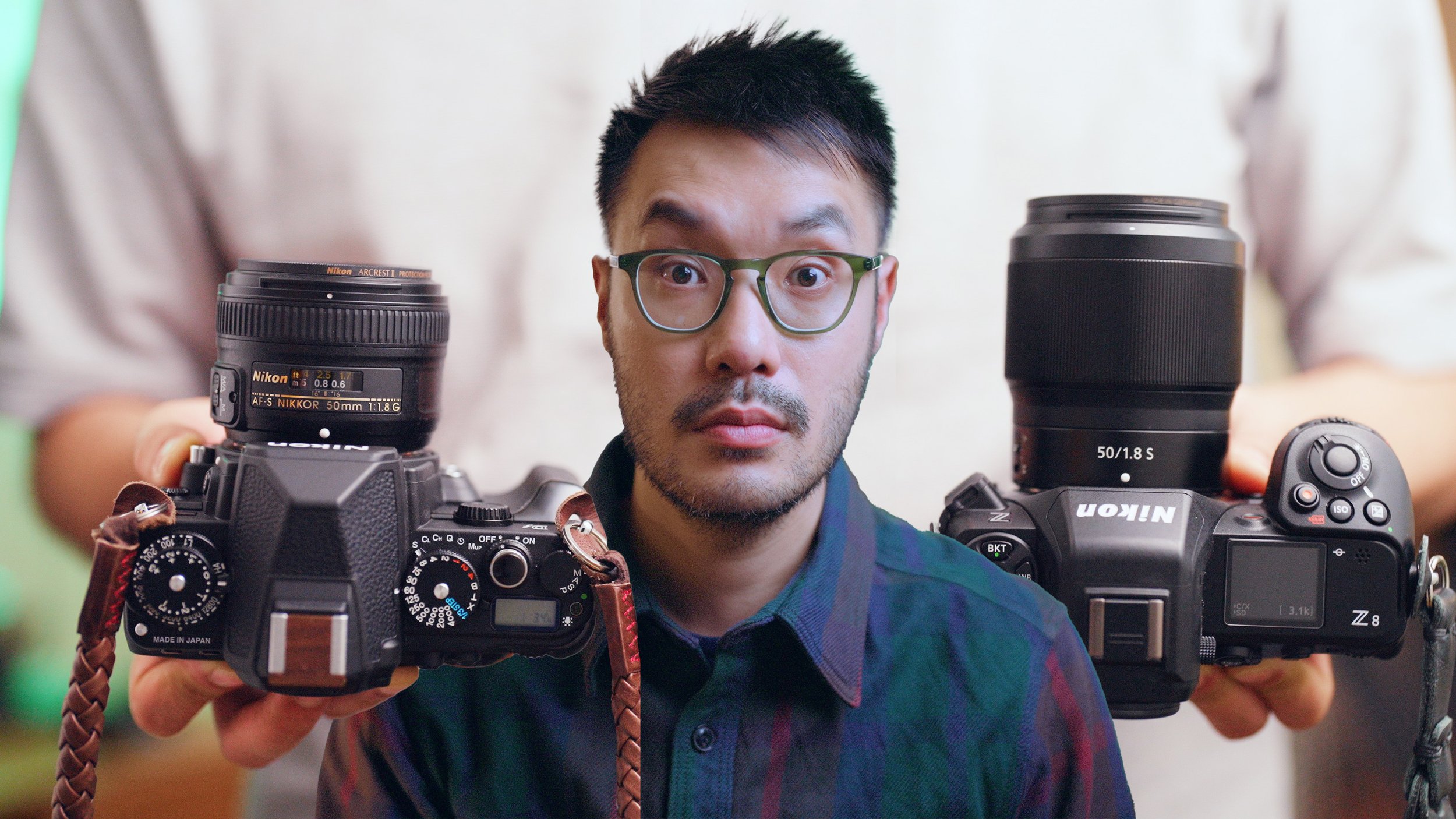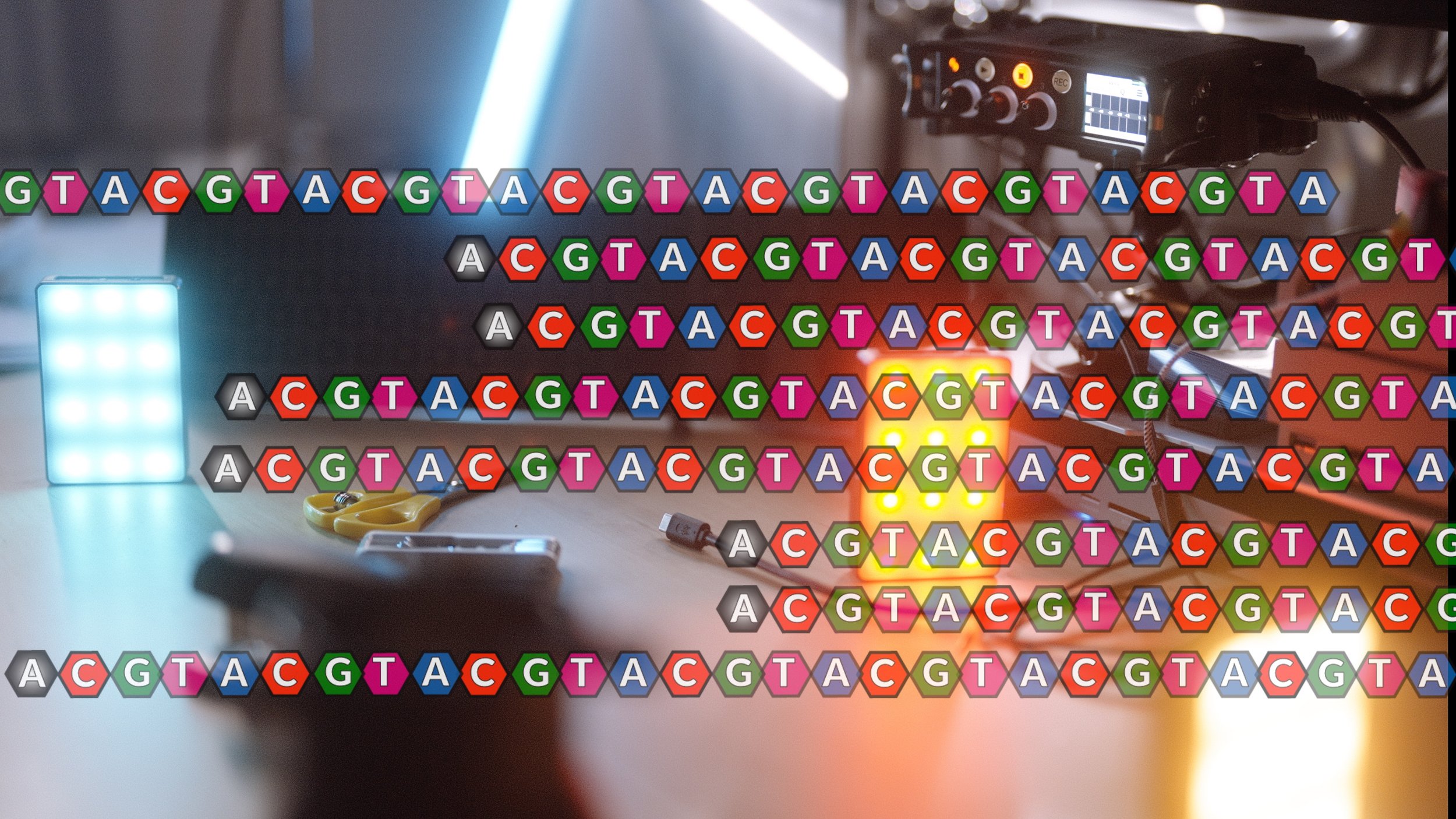

Time Off
20 July 2022
What do teachers and professors do in our time off? Well it depends on what we’re taking time off from. It’s currently the week before the teaching semester officially starts, but I’ve been preparing for this unofficially for months. What type of preparation do we need to do before a single student shows up to class? Let’s dig a little deeper - a teacher’s day in the life leading up to the start of semester.

The “Controllables”
15 July 2022
Biology and the molecular biosciences is a discipline of nuance and subtlety - our “breakthrough” discoveries are not dramatic in the moment - a slightly darker colour change, a small band appearing, or a reading that is slightly lower or higher than we expected. This reflects the complexity of organisms and how tightly constructed every part of our biology is. Even a 5-10% shift in gene expression can mean the difference between normal cell growth and cancer. A 5-10% difference might also mean nothing - it could just be the statistical margin of error. The thin line that separates genuine breakthroughs from random background noise only exists if we can control as many experimental conditions as possible.

The Mimic
8 July 2022
It’s your first time in a lab, seeing all the chemicals, liquids, glass beakers, and sharps - all you’re trying to do is not get hurt or break something expensive. You’re somehow supposed to follow a huge list of complicated instructions using equipment you’ve never seen before to do an experiment you’ve never heard of before. Everyone says lab skills are essential for finding jobs, but is it this hard for everyone? Feeling like you don’t know where to start is very common. You need a plan and systematic strategy for learning, especially when it comes to complex professional skillsets like lab techniques. Today let’s assume we’re all novices starting from the beginning, and talk about how to get the most out of lab classes using the mimic or copycat method.

Nature vs Nurture
29 June 2022
Despite my original plans at the start of my training, I am by no means a bioinformatician. I studied degrees for both science and information technology, but I quickly found out that i would be better suited as a bioinformatics end user rather than a developer. All the software engineers in my classes had been coding since they were toddlers, but for me it felt like learning how to ride a unicycle upside down. It’s pretty embarrassing to struggle so much in programming 101 but some people’s brains are just innately better tuned for computer programming, just like others are naturally talented at music or art. It doesn’t mean we should avoid the things we aren’t naturally talented at, in fact there’s a lot to be said for knowing how to learn under non-ideal conditions, and having an interdisciplinary overview of different skillsets. Biologists need a better understanding of bioinformatics, just like software engineers need to know more about biology.

Closing the Loop - Conference Diaries Vol III
22 June 2022
I’ve just finished up presenting at my first in-person conference in over two years, and I’ve connected with many amazing teachers and contacts. As I wrap things up on the trip I need to make the most of the fleeting moments of network building and make sure the trip was worth it for my professional development. Travel has a baseline level of stress already so it can be really easy to lose track of every new thing you learnt or any new connections you’ve made. How should you close the loop and solidify all of the progress you made on this work trip after you’ve come home?

Why I Became a Teacher - Conference Diaries Vol II
15 June 2022
There has been a wave of transformation across education to say the least. Our new normal is trying to predict the unpredictable - class sizes, delivery modes, technology, all can change or evaporate overnight. As much as teachers champion life-long learning at university, I don’t think we quite bargained for a life-time of learning condensed into such a short time. With so many things up in the air, it is more important now than ever before to reflect on our origin story in education. What motivated us to become teachers in the first place has to be what keeps us going in this time of uncertainty.

In Transit - Conference Diaries Vol I
9 June 2022
Travel is just opening up again, I recently attended my first in-person conference in over two years. I’ve been to my fair share of conferences, but it’s been a minute and I felt a familiar sense of nerves creeping back in. I’m sure students and ECRs about to attend their first conference have similar sentiments of anxiety, and are a bit tentative about what to make of the whole experience. What should you be aiming to get out of this conference? What I’ve found over the years is that shifting the focus away from my own neuroses towards what I can do for others allows things to click into place. How can you help the conference organisers, your supervisors, or other students on the trip? How does your work allow others to accomplish something meaningful? When you do this consistently, you’d be surprised how much value you get out of the experience for yourself.

Teacher vs YouTuber
2 June 2022
“I want to be a YouTuber” is not what any parent wants to hear from their kids, and it’s an open secret that YouTube causes burnout. It’s hard to build a following and even harder to keep one, and you’re essentially a free-lance contractor at the mercy of the algorithm. However learning all of the skills needed to make YouTube videos and run a YouTube channel has transformed my ability to do my day job in very real ways. Teachers who need to communicate to a diverse range of students and audience in particular have a lot to benefit from YouTube, so today let’s talk through 5 reasons why Teachers should dip their toes into the YouTube world.

Stolen moments (Vol 2)
28 May 2022
I’m in the process of designing a brand new lab course for Semester 2, and the next series of blog entries will be my attempt to “think out loud” and steal some time away from the pressure of looming deadlines... Last time we talked about recombinant DNA technology and how molecular cloning of specific genes can be adapted for citizen science projects. Following on from cloning novel plasmids that encode genes of interest, students can work with their own plasmids, or characterise existing plasmid libraries generated by your research labs to express and purify novel proteins of interest.

The Search
20 May 2022
Researching and finding new information should be a student’s bread and butter, but it’s not always as simple as a “Googling it”… or is it? Some topics have decades of literature to trawl through, and you have to know what’s already out there before you can figure out the last piece of the puzzle. Peer-reviewed articles are the gold standard, but you have to go through hard copies in physical libraries or use online databases with expensive subscription fees. Academic Search Engines like Google Scholar are trying to disrupt this model of information access, but are they worth your time? Can they be a “one-stop-shop” for your reports and assignments, and help you work smarter, not just harder?
